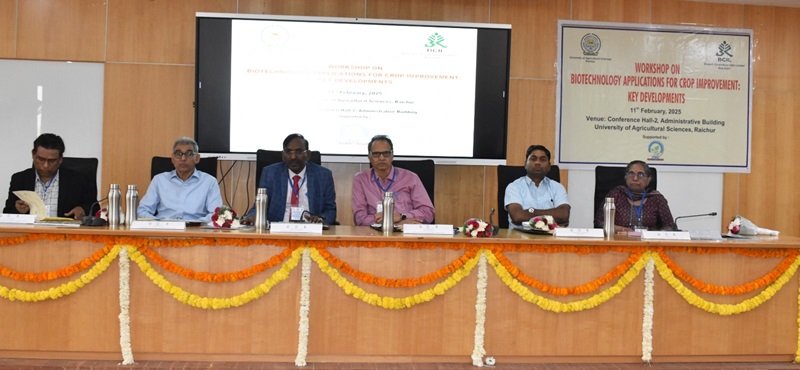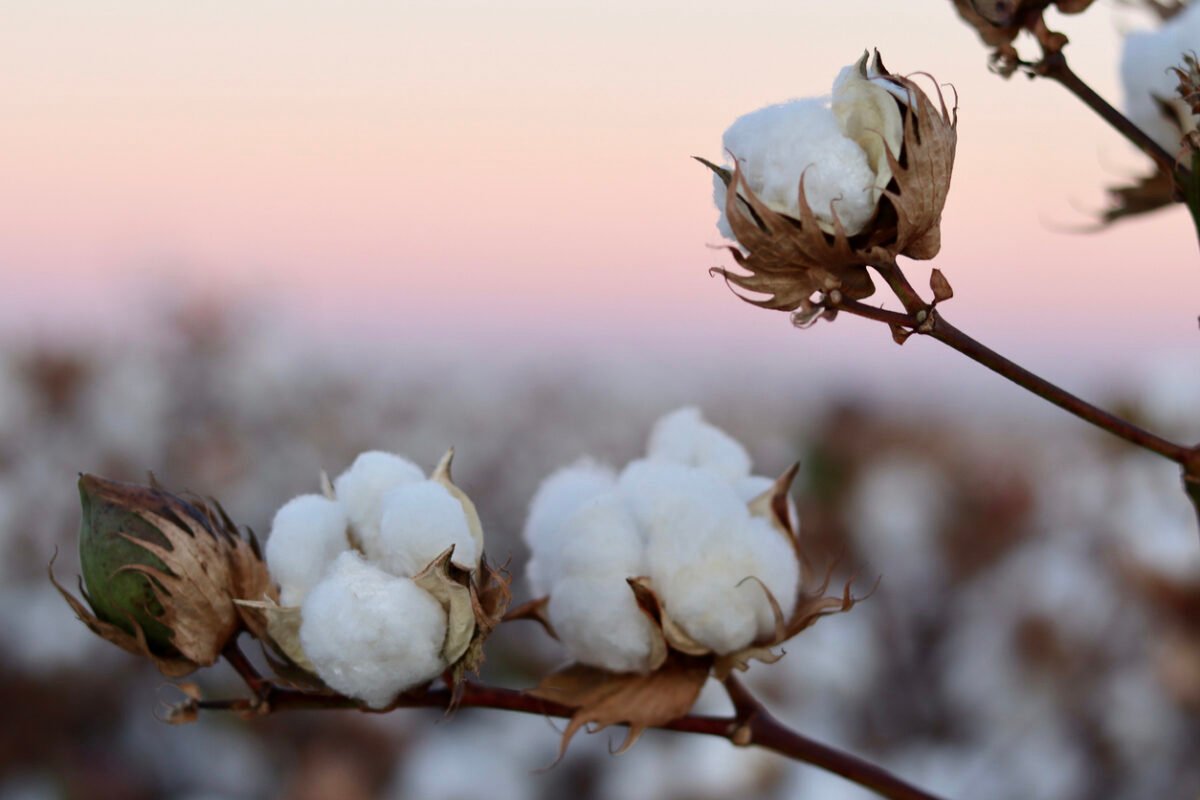Union Budget boosts agri-biotech: Experts call for regulatory reforms and high-yield & resilient crops
Experts discussed about crucial role of Public-Private Partnerships for Biotech in agriculture at workshop, organised by the University of Agricultural Sciences Raichur Karnataka, and Biotech Consortium India Limited (BCIL), and supported by Federation of Seed Industry of India (FSII).
The Union Budget’s strong focus on agriculture aims to drive transformative change, with key initiatives like the National Mission on High Yielding Seeds, expanded seed availability, and a push for cotton productivity. Recognizing biotechnology’s crucial role in this growth, experts convened to discuss its impact on boosting yields and farmer incomes.
The workshop, a collaborative effort by the University of Agricultural Sciences Raichur Karnataka, and Biotech Consortium India Limited (BCIL), and supported by Federation of Seed Industry of India (FSII) brought together renowned researchers and industry leaders to explore the critical role of biotechnology in developing crop varieties that are high-yielding, resilient to pests, diseases, and the impacts of climate change. The workshop was organised at the University of Agricultural Science, Raichur, Karnataka.
“The government’s push for technology-friendly reforms in the recent budget is a crucial step toward agricultural modernization. Bt cotton has already demonstrated the transformative potential of agricultural biotechnology in India. To fully realize this potential across a broader range of crops, it is imperative that we have a supportive regulatory environment at both central and state levels,” said Dr Vibha Ahuja, Chief General Manager, Biotech Consortium India Limited. “Emerging regulatory policies for agri-biotechnology must facilitate responsible innovation, building on the lessons learned from Bt cotton, while ensuring that farmers have access to improved seeds and technologies.”
Dr Ahuja’s highlighted the need for a robust regulatory framework to support the development and commercialization of biotech crops. Experts also emphasized the importance of public-private partnerships in driving innovation and ensuring that the benefits of biotechnology reach smallholder farmers.
“GM crops, including the highly successful Bt cotton, have demonstrated their potential in ensuring sustainable agricultural productivity across the globe. Aligning with the government’s larger mission, the adoption of genetically modified crops in India can contribute significantly to improving yields, enhancing climate resilience, and ensuring food security,” said Dr Paresh Verma, Head AAI, Executive Director, Bioseeds Division, DCM Shriram Limited.
Additionally, he advocated for the integration of gene editing with modern agricultural technologies like precision agriculture. “With advancements in genetic engineering and gene editing, Indian agriculture stands at the cusp of a breakthrough that can enhance both productivity and sustainability. Leveraging these technologies alongside precision agriculture tools such as drones and data analytics will provide farmers with smarter, more efficient solutions to tackle climate challenges and pests,” he said.
Appreciating the efforts of FSII and BCIL, Dr M. Hanumanthappa, Vice-Chancellor, University of Agricultural Sciences, Raichur said, “The University of Agricultural Sciences, Raichur, is proud to host this workshop along with FSII & BCIL, which will serve as a platform to build consensus on the adoption of GM technology in Indian agriculture. With the government’s financial backing for precision agriculture and climate-resilient seeds, now is the time for the industry to collaborate and accelerate the deployment of these technologies to improve farmer livelihoods and strengthen national food security.”
Experts are expecting these insights to contribute significantly to the development and adoption of innovative seed technologies, ultimately empowering farmers and strengthening India’s agricultural sector. The commitment to advancing biotechnology research and its application in Indian agriculture remains strong, with a clear focus on building a more prosperous and sustainable future for all stakeholders.
Experts discussed about crucial role of Public-Private



